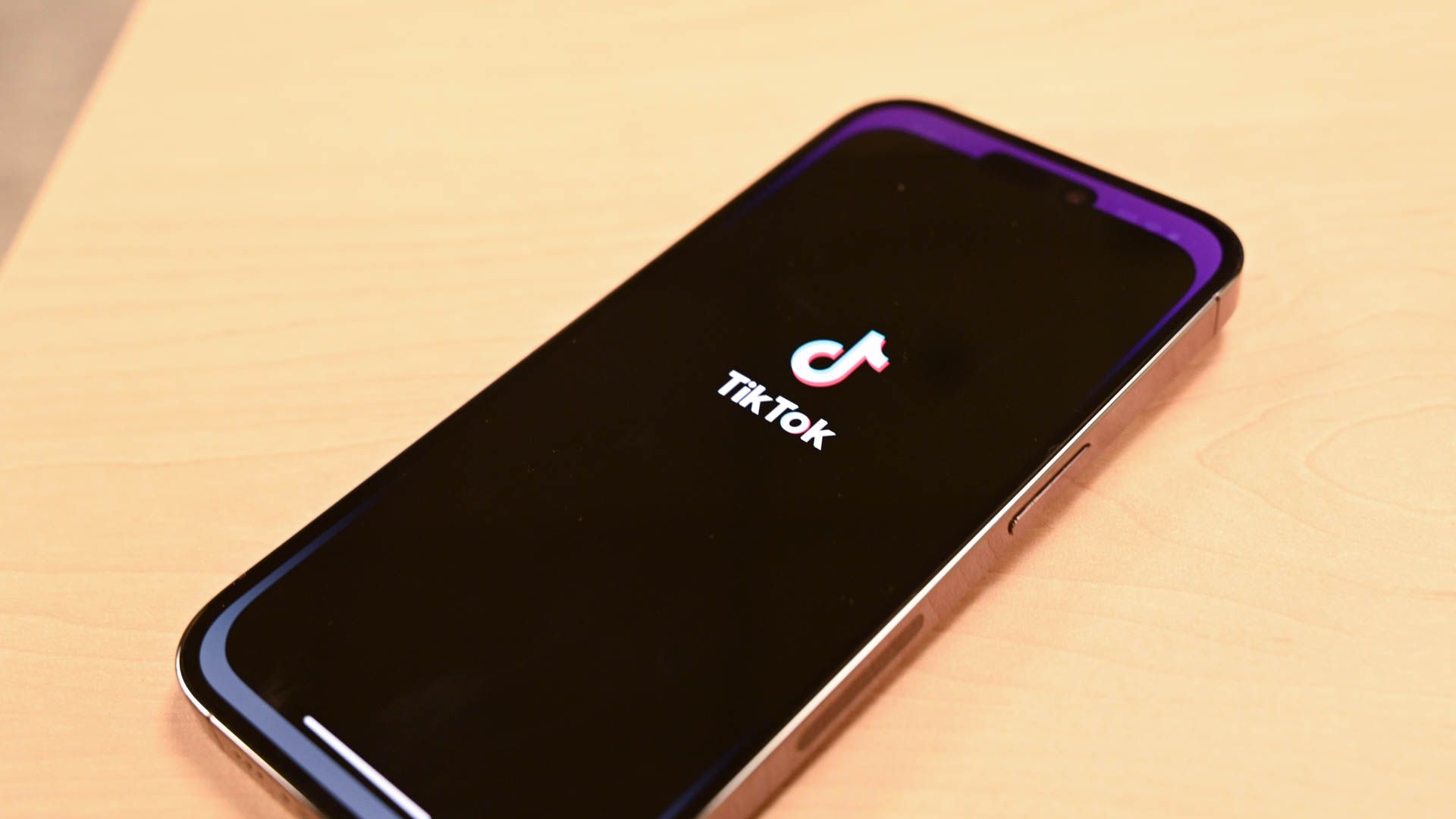ByteDance will need to sell off TikTok or try to fight in the courtroom.
TikTok might be one of the biggest social media platforms, but it has faced significant scrutiny for its ownership by ByteDance in China. While the app is not even available in China (there’s a different version of TikTok there called Douyin), that hasn’t stopped governments looking to ban it over national security concerns. The United States has now passed a law that could ban TikTok from the entire country.
Both chambers of the US Congress have passed the “Protecting Americans from Foreign Adversary Controlled Applications Act,” or PFACAA. The bill, which was packed with foreign aid, has now been signed into law by President Biden. The point of this law is to designate certain apps as controlled by “a foreign adversary.” The company currently makes three apps available in the US: aside from TikTok, there is CapCut (a video editing app that’s frequently used for TikTok videos that require more editing than what the app allows for normally) and Hypic (an AI-powered photo editor). The company is mentioned by name in the law, and while the bill does allow US presidents to add more names to that list, it will apply only to ByteDance for now.
The foreign adversary designation means that unless the app is sold to a third-party company, companies will be banned from distributing TikTok to American users. From this point onward, ByteDance has 270 days to find a buyer to sell off TikTok if it wants the app to remain available to US users. An optional 90 days could be added at the discretion of the federal government, but after that, if no progress has been made towards selling off the app, it will be banned from US app stores.
TikTok does plan to file a lawsuit on the basis of violating the First Amendment to the United States Constitution, now that the bill has signed into law, but it’s not clear what could happen there. TikTok would have to prove in court that the ban violates the right to freedom of speech, and the case could make its way to the U.S. Supreme Court for a final verdict.
Source: The Register, CNN, Axios





